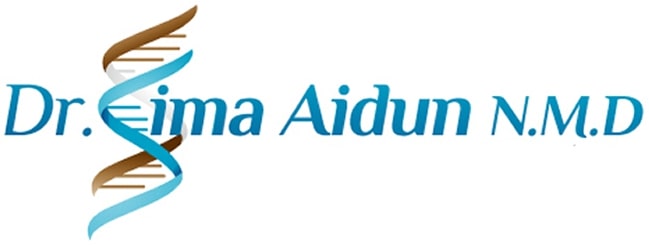Polycystic Ovarian Syndrome (PCOS) is a hormonal disorder among women of a reproductive age. Diagnosis of PCOS, done by a licensed provider, can be made when an individual experiences 2 of the 3 common symptoms.
These symptoms include irregular periods, polycystic ovaries, and excess androgen. Other symptoms of PCOS include weight gain, fatigue, unwanted hair growth, hair thinning, infertility, acne, skin darkening, mood changes, pelvic pain, headaches and sleep issues. Nearly half of the 10,000,000 individuals that have PCOS are unaware of their condition.
We strive to educate our patients about the genetic and environmental factors that could explain symptoms associated with various female disorders.
Why is it important?
PCOS is one of the most common causes of female infertility, affecting nearly 5 million women in the United States. PCOS is a lifelong health condition that continues far beyond child-bearing years. Our comprehensive nutrigenomic panel, Women’s Health, helps providers identify underlying contributing factors to PCOS, hypothyroidism, estrogen dominant symptoms (ex. irregular menstrual cycles, fibrocystic breasts, excess facial/body hair, hair loss, mood changes), female cancers and history of miscarriage and/or fertility issues. This genetic test evaluates specific genes that involve estrogen metabolism. Hormonal issues with estrogen/progesterone balance and altered estrogen metabolism can lead to a higher risk of developing deep venous thrombosis, hypertension and altered blood pressure and fluid balance.
In more severe cases, there is an increased risk for cancers, miscarriage, placental separation, pre-eclampsia and pulmonary embolisms. Genetic findings and interpretations can help determine:
- Insufficiencies in Vitamin Conversion & Delivery
- Hypertension & Clot Risks
- Issues in Estrogen Metabolism & Clearance
- Follicular Sensitivity in Ovarian Response
- Hormone Metabolism of Androgen Markers in Women
- Autophagy Consideration in Relation to Metabolic Risk Factors




